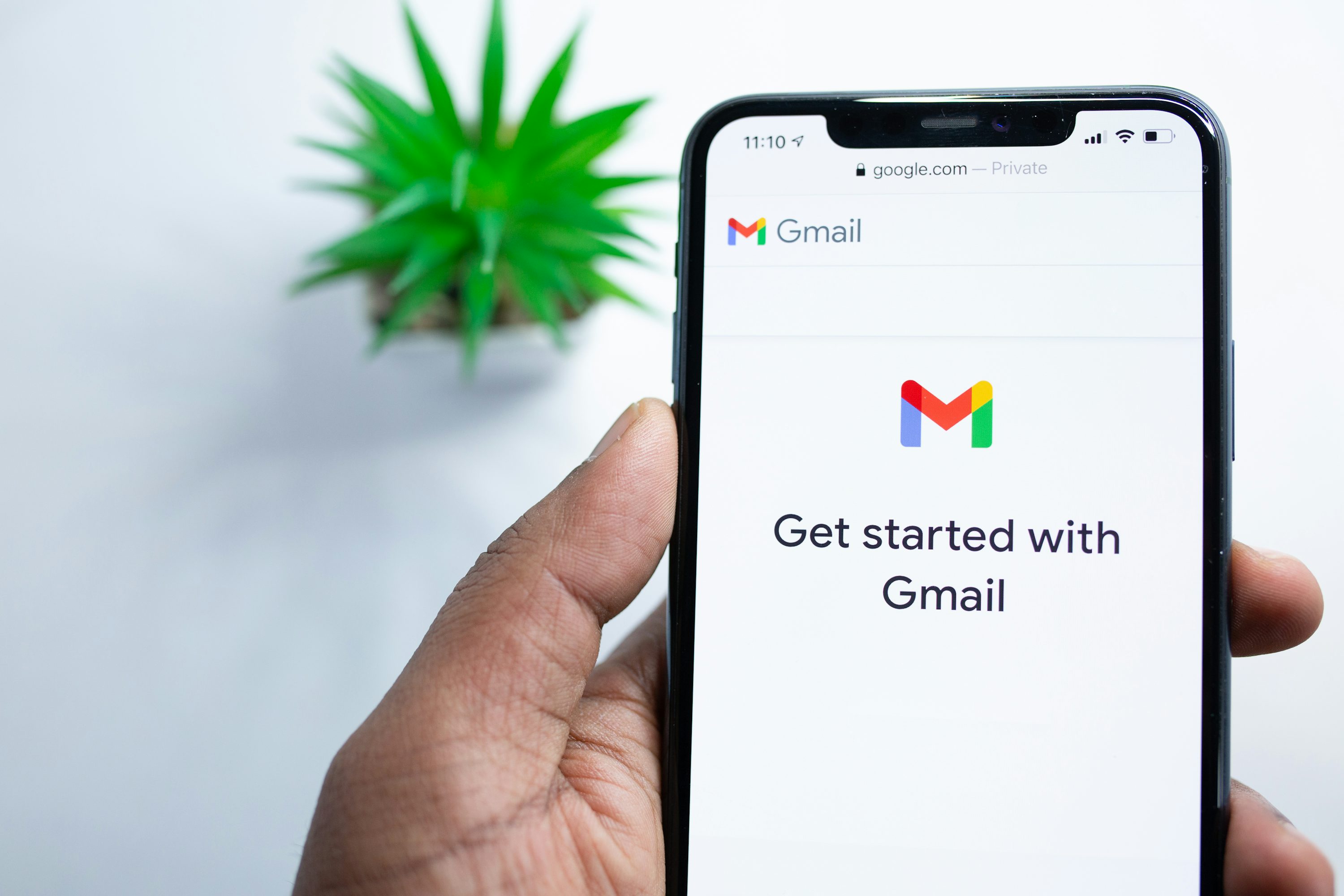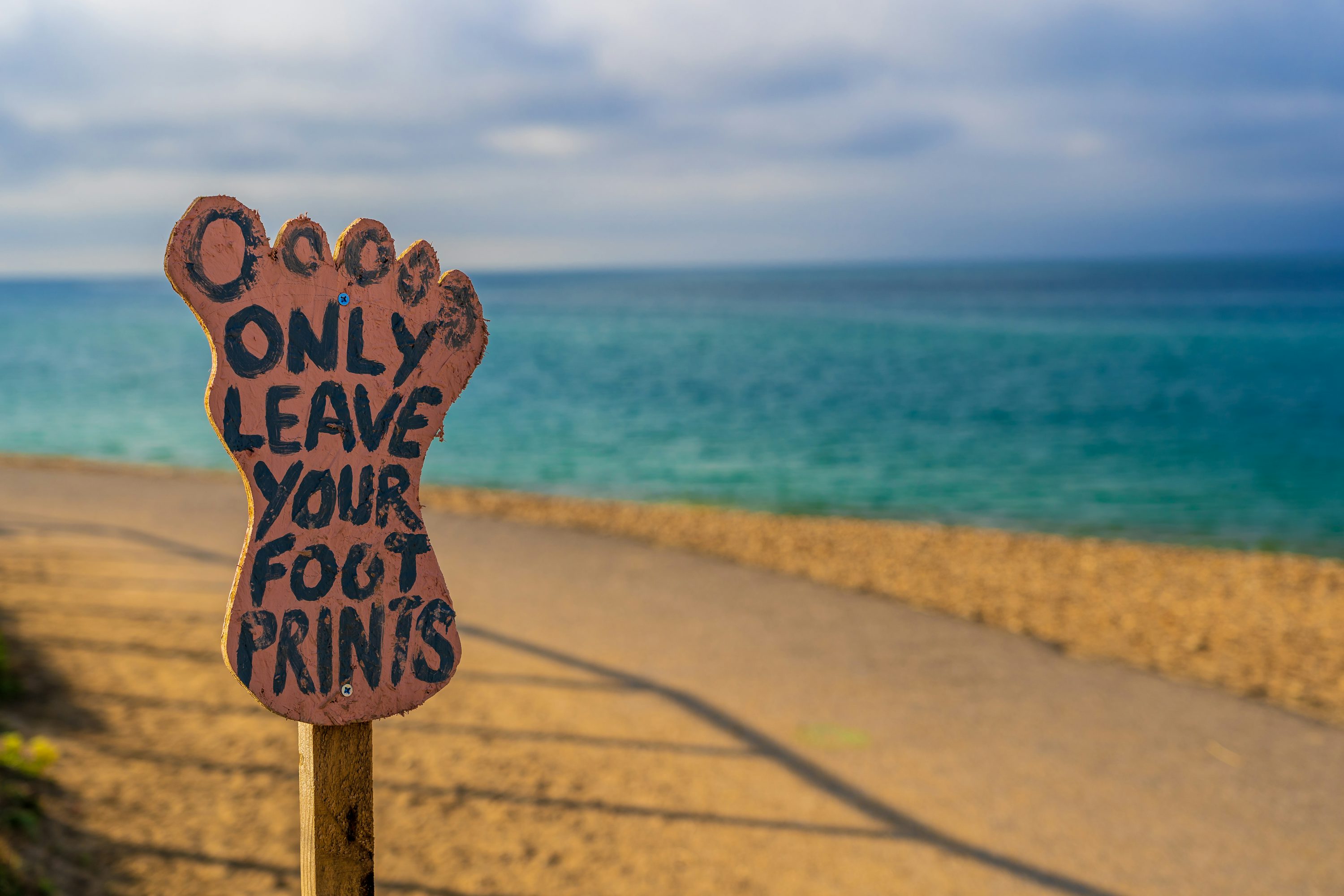The hospitality industry thrives on creating memorable guest experiences and finding unique ways to stay top-of-mind. For hotel owners and managers, marketing isn’t just about filling rooms; it’s about building trust, fostering loyalty, and boosting revenue. But with competition fiercer than ever, how can hotels stand out?
Here are some of the best, most effective hotel marketing strategies to help you attract more guests, increase bookings, and grow your brand.

1. Leverage the Power of Social Media
Social media is a goldmine for hotel marketing. Platforms like Instagram, Facebook, and TikTok allow you to showcase your property while engaging directly with your audience.
- Visual Storytelling: Post high-quality photos and videos highlighting your rooms, amenities, and local attractions. Use Instagram Reels, for instance, to show off unique features such as a rooftop terrace or signature dishes from your restaurant.
- Engagement: Promptly reply to comments and messages to build connections with potential guests. Hosting Q&A sessions on Instagram Stories is a great way to engage your audience and address common questions.
- Promotions: Announce special offers, packages, or competitions via social media. For example, a "Tag Us To Win a Free Stay" campaign can create excitement and extend your reach.
Pro Tip:
Encourage happy guests to share their experiences and tag your property in posts. User-generated content (UGC) is invaluable for engagement and doubles as authentic testimonials when re-shared.

2. Optimise for Local SEO
When travellers search for places to stay, they usually turn to Google first. Ranking high in search results, especially for local queries, is crucial. That’s where local SEO comes into play.
- Google Business Profile: Ensure your property is listed on Google My Business and keep the information accurate. Include your location, photos, contact details, and descriptions of amenities.
- Smart Use of Keywords: Incorporate location-focused keywords naturally into your website content, such as "luxury hotel in Edinburgh" or "seaside resort in Cornwall."
- Collaborate Locally: Partner with nearby restaurants, attractions, or event organisers. Backlinks from their websites to yours can boost your SEO while fostering community relationships.
Pro Tip:
Encourage guests to leave glowing reviews on platforms like Google and TripAdvisor. Not only do reviews enhance your profile, but they also play a significant role in search rankings and booking decisions.

3. Personalise the Guest Experience
Hotels are no longer merely places to rest; today’s guests expect tailored experiences. A personalised touch can make all the difference.
- Flexible Booking Options: Enable your website to offer tailored packages, such as spa treatments, champagne on arrival, or extended check-outs.
- Exclusive Touches: Small gestures like a personalised welcome note or local delicacies on arrival leave lasting impressions.
- Tech-Supported Personalisation: Use CRM tools to keep track of individual preferences, whether it’s a preferred pillow type or an affinity for vegan breakfasts.
Pro Tip:
After a guest stays, send them a personalised email thanking them, soliciting feedback, and perhaps offering a discount for their next visit.

4. Tap Into Email Marketing
Email marketing remains one of the most effective strategies for hotels to engage past and potential guests.
- Build an Email List: Capture email addresses on your website or booking platform. Incentivise sign-ups with offers like complimentary WiFi or discounts.
- Segment Audiences: Categorise your emails by audience type, such as past guests, local customers, or long-distance travellers. For instance, promote winter deals to guests primarily interested in skiing holidays.
- Create Stunning Content: Design visually appealing email campaigns with catchy subject lines. Share special offers, holiday packages, or local travel tips to keep readers engaged.
Pro Tip:
Tie your email campaigns into a rewards programme. For example, offer existing members special perks or upgrades as part of your email outreach.

5. Partner with Travel Influencers
Travel influencers can give your hotel visibility among their loyal audiences. Collaborating with them is a smart way to build brand awareness.
- Choose Strategic Partners: Work with influencers whose niche fits your property, such as family travel bloggers for a kid-friendly hotel or luxury content creators for a high-end resort.
- Negotiate Content: Offer free stays in return for authentic posts or videos about your property. Influencer-generated content often includes glowing recommendations that inspire bookings.
- Build Relationships: Creating lasting partnerships with influencers can help keep your brand fresh in their followers’ minds over time.
Pro Tip:
Micro-influencers, who typically have smaller but highly engaged audiences, can often deliver better-targeted results than larger influencers.

6. Highlight Sustainability
Sustainability has shifted from being a bonus to a core expectation for many travellers. Guests increasingly favour hotels that prioritise eco-friendly practices.
- Showcase Green Initiatives: Use your website and other marketing avenues to highlight efforts like energy-efficient systems, water conservation, or reduced single-use plastics.
- Collaborate for Impact: Partner with green organisations or host eco-friendly activities such as community beach clean-ups.
- Certifications: Feature eco-certificates like Green Tourism or BREEAM to support your claims and appeal to environmentally conscious travellers.
Pro Tip:
Share engaging content that highlights how your property runs sustainably. A behind-the-scenes video of your eco-conscious kitchen, for instance, can resonate with guests on social media.

7. Focus on Booking Engine Optimisation
A smooth, user-friendly booking process is pivotal in turning potential guests into confirmed ones.
- Mobile-Friendly Design: Ensure that your website is optimised for mobile use, as the majority of bookings are now made on smartphones.
- Clear Call-to-Actions: Ensure “Book Now” or “Check Availability” buttons are always visible and straightforward to use.
- Direct Booking Incentives: Encourage direct bookings with benefits like late check-outs, complimentary breakfast, or exclusive discounts.
Pro Tip:
Set up reminders for guests who abandon their booking midway. A well-timed email with a special offer can draw them back to complete their reservation.
Final Thoughts
Successful hotel marketing requires understanding your audience and staying ahead of industry trends. By leveraging modern tools like social media, personalising guest experiences, and optimising your online presence, you can keep your business competitive.
Use these strategies to stand out in a crowded marketplace, and watch your bookings soar. Your hotel’s success starts with taking action today!
